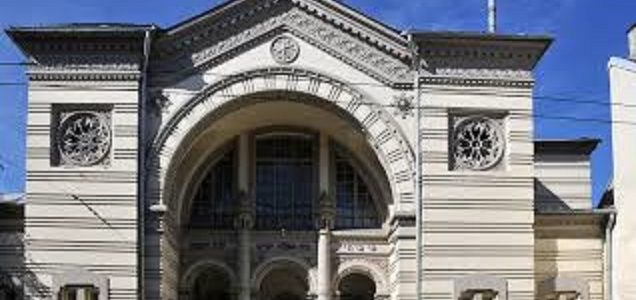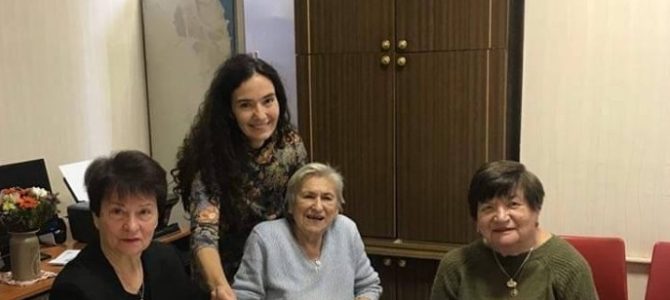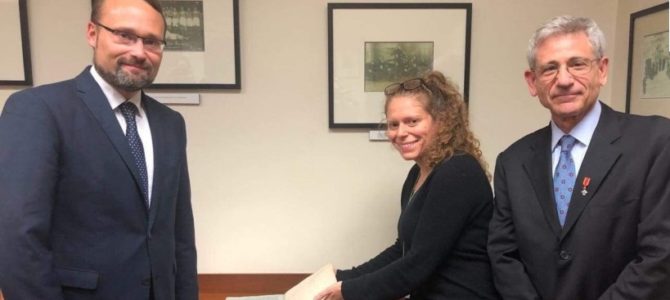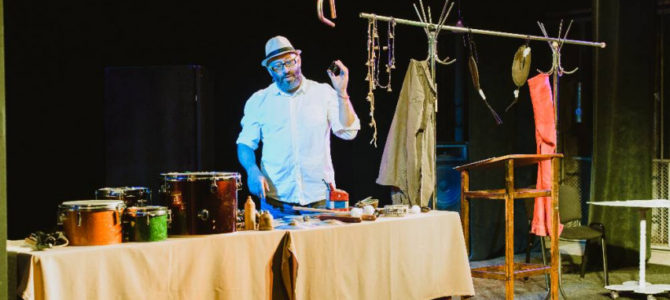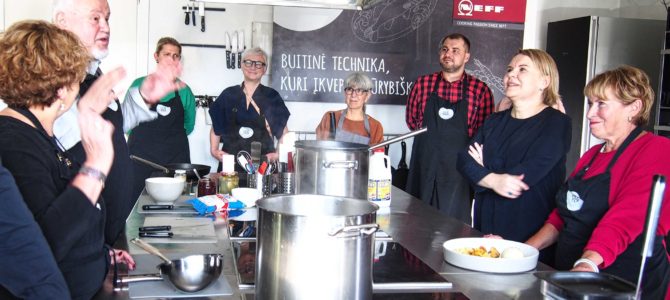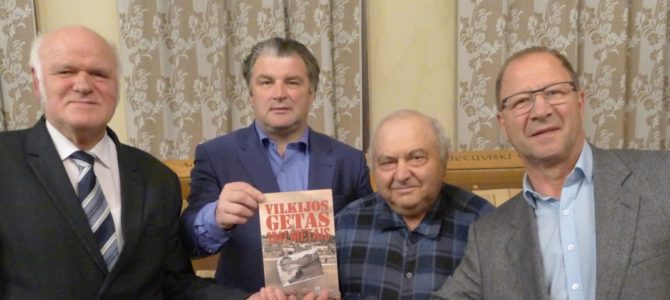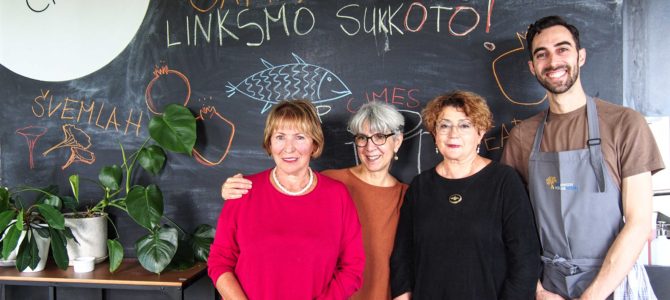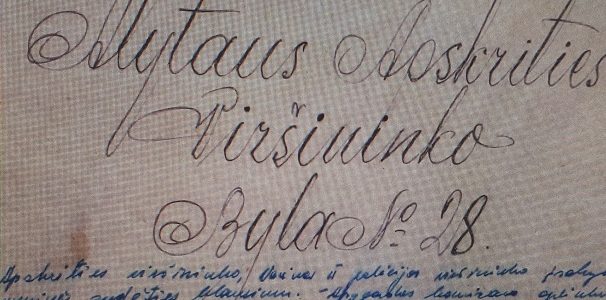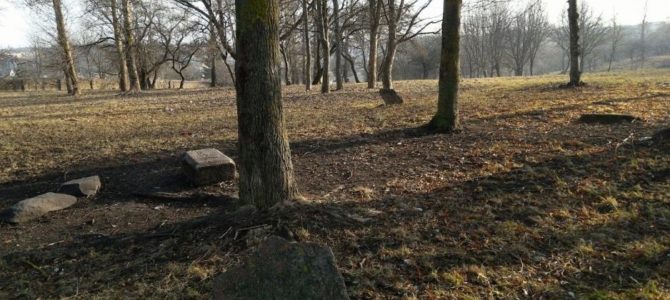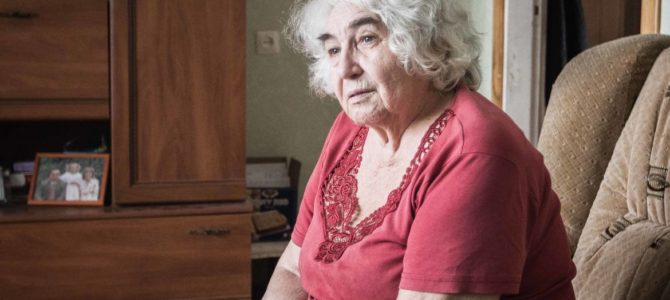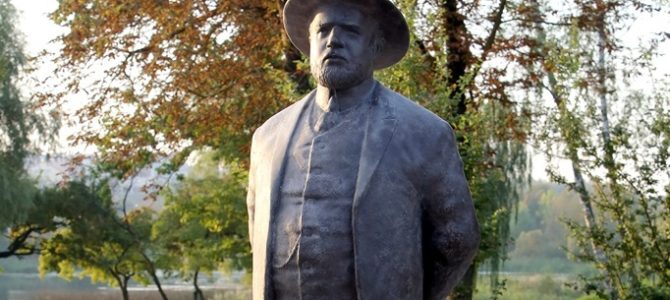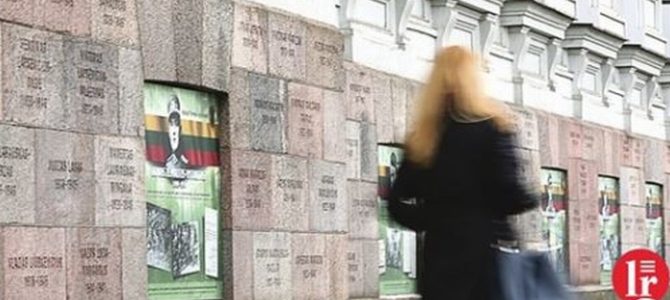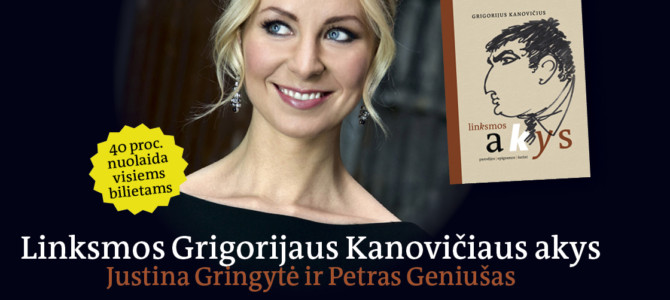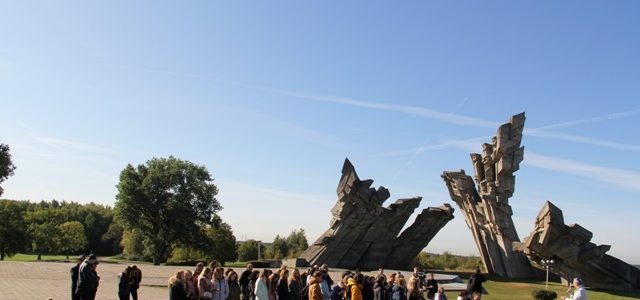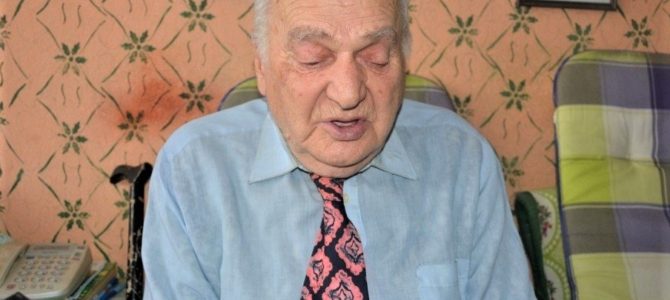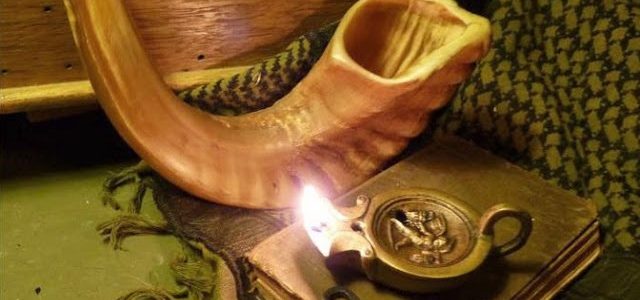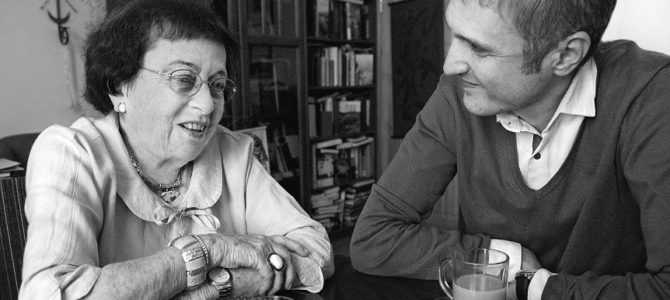Lithuanian Jewish Community chairwoman Faina Kukliansky says she and Rabbi Sholom Ber Krinsky never agreed on setting up a yeshiva in the Choral Synagogue in Vilnius. She says there was never any discussion about a Chabad Lubavitch Hassidic synagogue in Vilnius. Back in 2001 Rabbi Krinsky tried to set up a Hssidic synagogue but encountered opposition from Mitnagid Jews of Vilnius.
When Vilnius Religious Jewish Community chairman Simas Levinas announced in September, 2019, a yeshiva would be established at the synagogue, people began asking what kind of yeshiva it would be. During Rosh Hashanah Rabbi Krinsky spoke about the similarity between the Vilna Gaon and Chabad Lubavitch, but Lithuanian Jews know about the Litvaks’ opposition to Hassidism which began in the 18th century, about resistance to the movement which resulted in two groups of Jews, Hassidim and Mitnagdim.
These days Chabad rabbis are asked to work at Jewish Orthodox Mitnagid synagogues. This is acceptable. It was agreed with Rabbi Krinsky that he would conduct prayer services in the Litvak way. No one is opposed to the desire of opening a yeshiva. Chabad Lubavitch has its own building on Bokšto street [in Vilnius]. The rabbi may do whatever he likes there, for example, opening a yeshiva.


